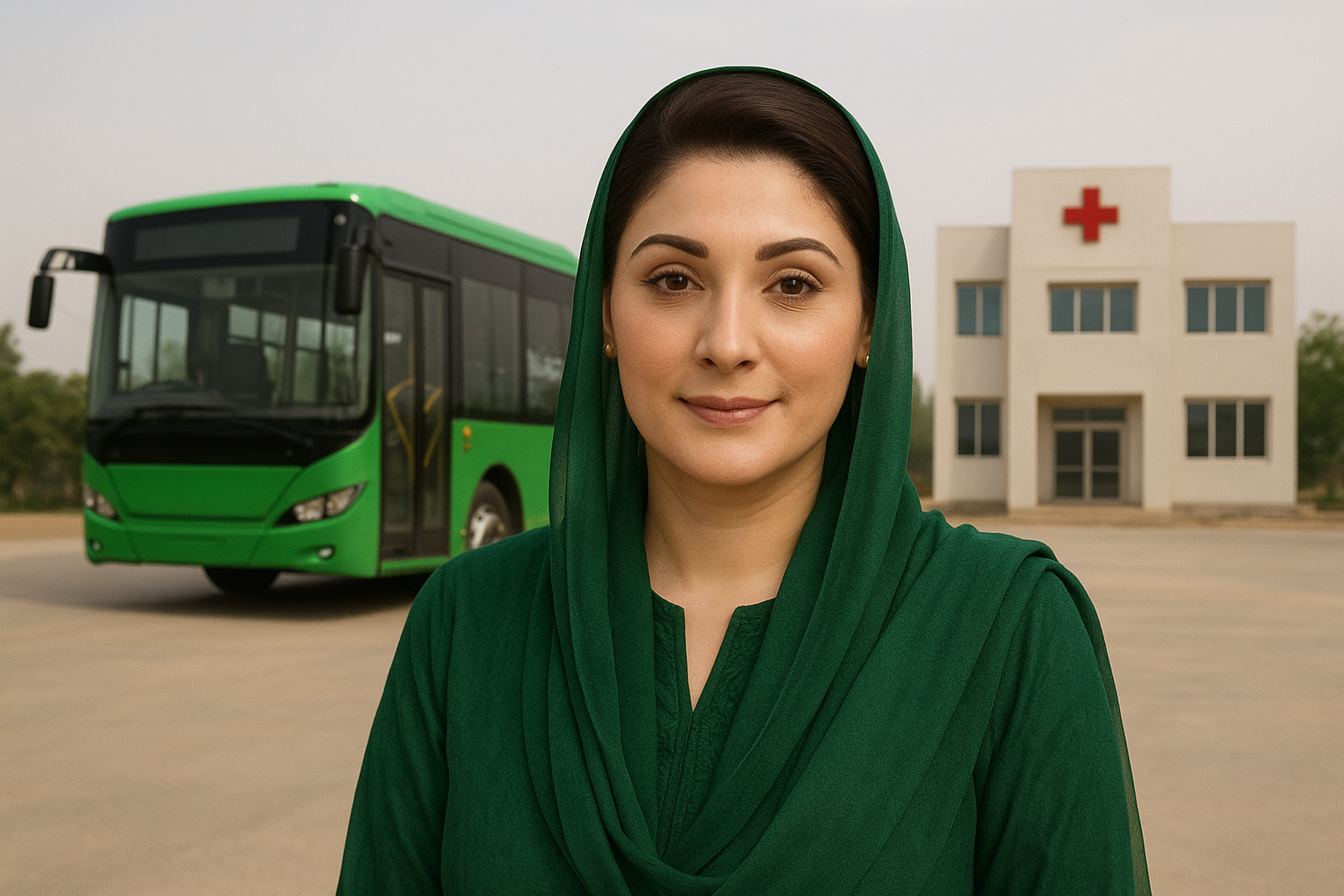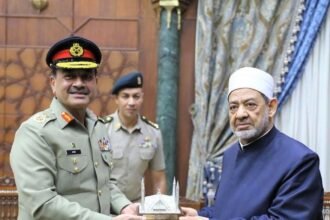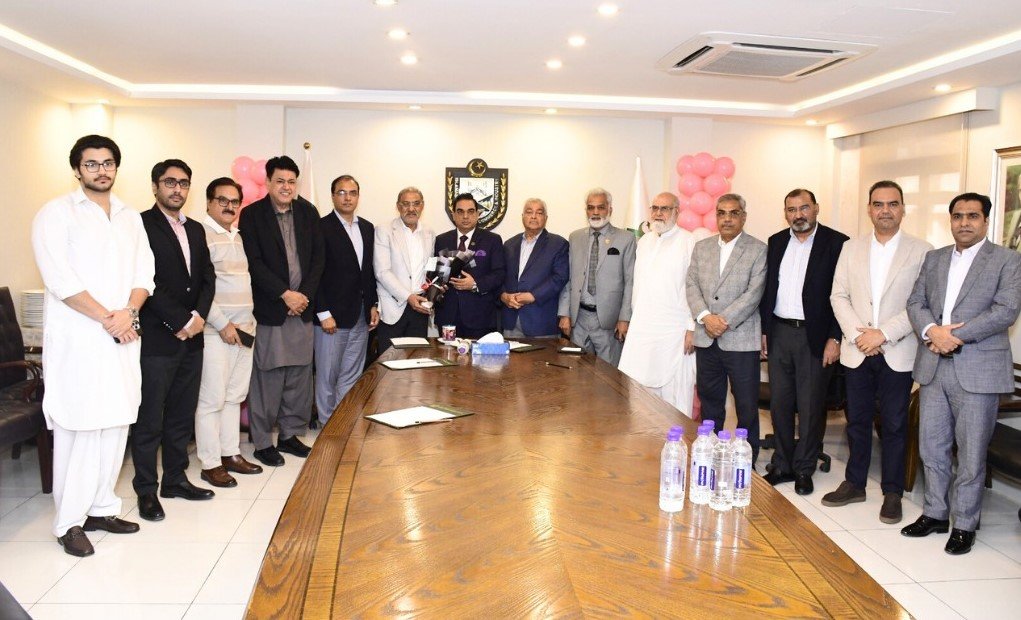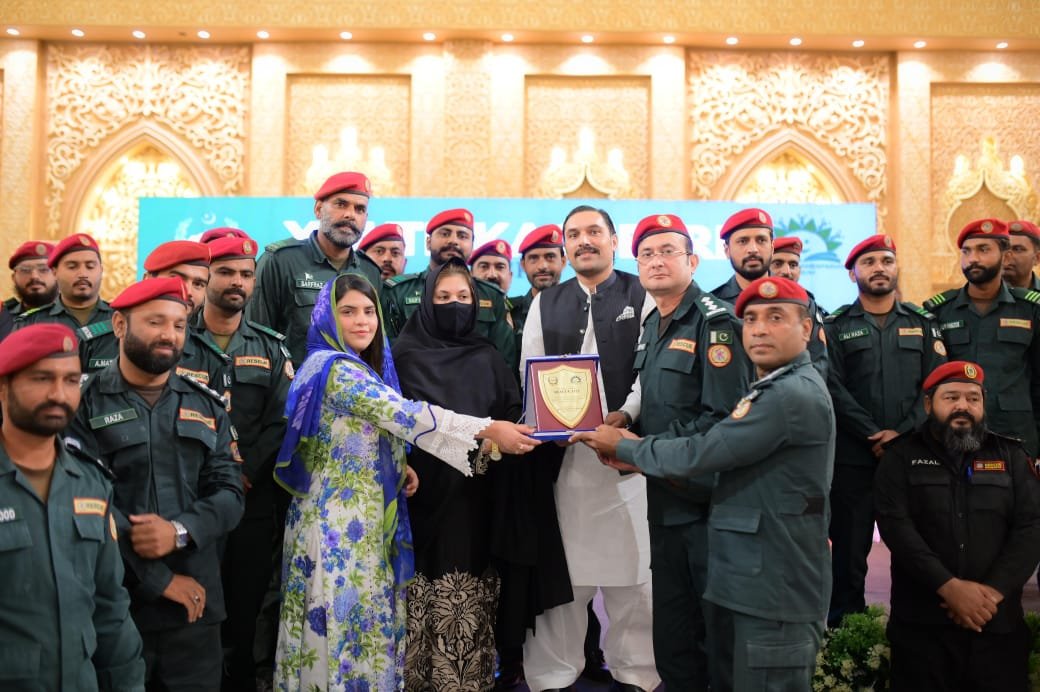In a sweeping display of governance and vision, Punjab Chief Minister Maryam Nawaz has launched a series of transformative initiatives throughout October 2025, signaling a new era of inclusive development, climate resilience, and citizen-centric service delivery. From electric buses in Pakpattan to mobile clinics reaching the province’s remotest corners, Maryam Nawaz’s administration is rapidly reshaping Punjab’s infrastructure, healthcare, housing, and public safety landscape.
Electric Bus Revolution: Clean Mobility Reaches Pakpattan’s Heartland
For the first time in its long history, Pakpattan now has a formal public transport system. The launch of electric buses in the district marks a major step in Maryam Nawaz’s commitment to sustainable mobility. Under the “Clean and Green Punjab” initiative, the provincial government has deployed 1,100 electric buses in Phase I, with 400 more scheduled for rollout in 2026.
These buses offer a flat fare of Rs. 20, with free rides available to students, senior citizens, and individuals with disabilities. Dedicated bus stops are being constructed across villages to ensure accessibility and safety. Similar services have been introduced in Rawalpindi, Muzaffargarh, and Gujrat, expanding the reach of eco-friendly transport across the province.
Clinic-on-Wheels: Healthcare That Comes to You
Healthcare access has taken a significant leap forward with the expansion of the Clinic-on-Wheels program. Now operating 911 mobile health vans—up from 245 in the initial phase—the initiative provides free diagnostics, maternal care, medicines, and consultations directly to underserved communities.
These mobile clinics have reached over 10 million patients, serving urban slums, tribal regions, and remote villages. The program is widely recognized for bridging healthcare gaps and easing the burden on traditional hospitals. Maryam Nawaz has emphasized that healthcare must be accessible to every citizen, regardless of geography.
Mobile Police Station: Law Enforcement Goes Local
In a first for Punjab, Maryam Nawaz introduced the province’s inaugural mobile police station and unit. This initiative brings law enforcement directly to communities that lack permanent infrastructure, improving response times, strengthening community policing, and building trust between citizens and police.
Apna Ghar Apni Chat: 100,000 Homes for Low-Income Families
To address Punjab’s housing shortage, Maryam Nawaz launched the Apna Ghar Apni Chat Scheme, which aims to construct 100,000 housing units across the province. The program includes district quotas to ensure fair distribution, interest-free loans for qualifying families, and online registration portals to promote transparency and ease of access.
This housing initiative is expected to reduce urban congestion and provide dignified living conditions to thousands of families.
Flood Relief Card Program: Rs. 100 Billion for Dignified Recovery
In a decisive move to support communities affected by climate disasters, Maryam Nawaz announced the Rs. 100 Billion Flood Relief Card Program—one of the largest of its kind in provincial history. The program includes Rs. 20,000 in direct cash support for each affected family, delivered via official checks and digital flood cards. Families who lost loved ones in the disaster will receive an additional Rs. 1 million in compensation.
The package also covers emergency food, medical supplies, temporary shelter, and long-term infrastructure rehabilitation. Launched during a ceremony in Okara, the initiative emphasizes dignity and self-reliance. With over 70 percent of damage assessments completed, disbursements have already begun in 15 flood-affected districts.
Parwaz Card: Empowering Youth for Global Opportunities
The Maryam Nawaz Free Parwaz Card is transforming youth employment across Punjab. Designed to connect skilled workers with domestic and international job markets, the program has trained more than 180,000 young people, facilitated employment for 75,000 within Pakistan, and placed 15,000 abroad. Technical training enrollment has increased by 21 percent compared to the previous five-year average.
This initiative is central to Maryam Nawaz’s strategy for leveraging Punjab’s youth population and reducing unemployment.
Agricultural Subsidies and Village Infrastructure
Farmers across the province are receiving unprecedented subsidies on DAP fertilizer, aimed at boosting agricultural productivity and food security. At the same time, the government is investing in 25 kilometers of road construction and repair in every village, along with new sewerage systems, underground water tanks, and clean drinking water projects.
These infrastructure upgrades are designed to modernize rural communities, improve sanitation, and enhance overall quality of life.
A New Governance Model: Tech-Enabled, Citizen-Focused, Climate-Conscious
Maryam Nawaz’s October initiatives reflect a governance model that is tech-enabled, citizen-focused, and climate-conscious. Online portals, mobile units, and digital cards streamline service delivery. Programs are tailored to meet the needs of women, youth, farmers, and vulnerable populations. Electric mobility and flood resilience are central to long-term planning.
October 2025 may well be remembered as the month Punjab turned a corner. With bold investments in mobility, healthcare, housing, and youth empowerment, Maryam Nawaz is not just building infrastructure—she’s building trust, opportunity, and a future-ready province.
Read more stories related to progress here: https://thepublicpurview.com/
For climate-related stories, visit: The Green Post









